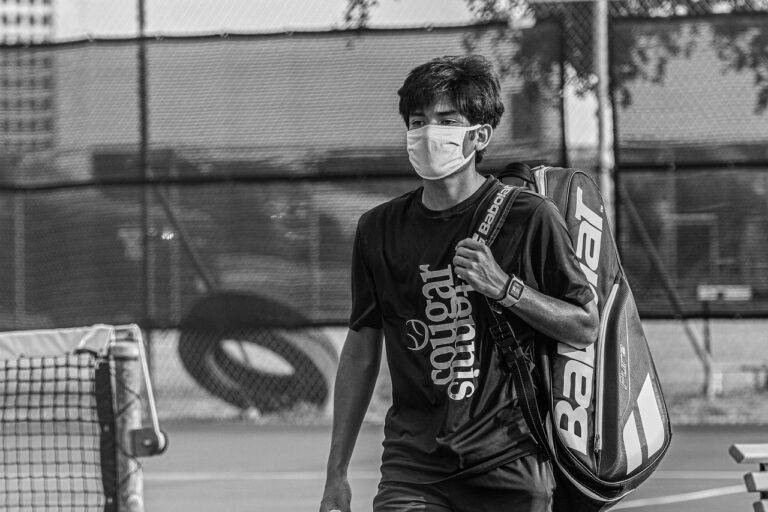Navigating the Legalities of Videography: Copyright and Permissions: Betbhai9 id whatsapp number, Playexch login, Lotus 365 win
betbhai9 id whatsapp number, playexch login, lotus 365 win: Navigating the Legalities of Videography: Copyright and Permissions
As a videographer, it’s crucial to understand the legalities surrounding copyright and permissions to ensure you are operating within the boundaries of the law. Failure to do so could result in costly legal battles and damage to your reputation. In this blog post, we’ll cover some key points to keep in mind when it comes to copyright and permissions in videography.
What is Copyright?
Copyright is a form of protection granted by law to creators of original works, including videos, giving them the exclusive right to reproduce, distribute, and display their work. This means that as a videographer, you own the copyright to your videos as soon as they are created and fixed in a tangible form.
When you own the copyright to a video, you have the exclusive right to:
– Make copies of the video
– Distribute copies of the video
– Display the video publicly
– Create derivative works based on the original video
– License others to use the video
It’s essential to understand that copyright laws vary from country to country, so it’s important to familiarize yourself with the laws in your jurisdiction.
Permissions and Releases
When it comes to videography, it’s not just about your rights as the creator you also need to consider the rights of the people and objects featured in your videos. For example, if you are filming on private property or featuring recognizable individuals in your video, you will need to obtain permissions and releases.
Permissions and releases are legal documents that grant you the right to use someone’s likeness, voice, or property in your videos. This is especially important if you plan to use your video for commercial purposes or public distribution.
FAQs
Q: Do I need to obtain permission to use music in my videos?
A: Yes, you will need to obtain permission to use copyrighted music in your videos. This could involve obtaining a license from the music rights holder or using royalty-free music.
Q: Can I use footage from other sources in my videos?
A: It’s essential to obtain permission to use footage from other sources in your videos. Using footage without permission could result in a copyright infringement claim.
Q: How long does copyright protection last?
A: Copyright protection generally lasts for the life of the author plus an additional 70 years. After this period, the work enters the public domain and can be used freely by anyone.
In conclusion, navigating the legalities of videography, including copyright and permissions, is essential to protect your rights as a creator and avoid legal issues. By understanding the laws and obtaining the necessary permissions and releases, you can create videos that are legally compliant and free from copyright infringement.







